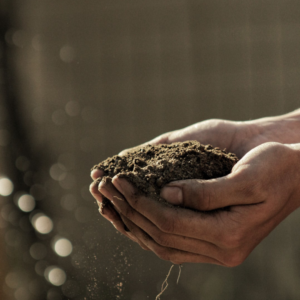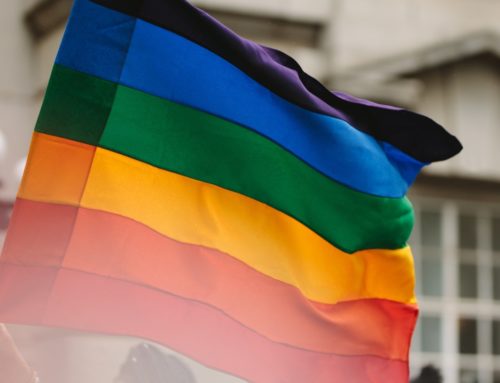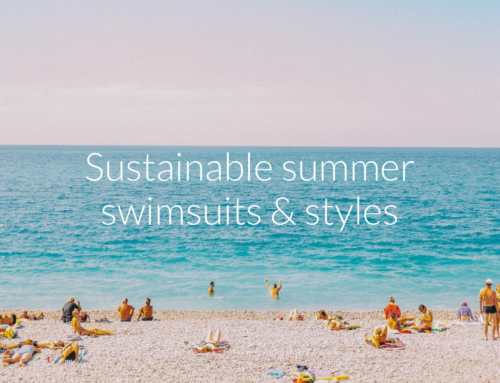
In order to see a sustainable future, our work must include people of all races, social classes, religions, and sexual orientations. Sustainability and social justice go hand in hand; one without the other does not work. The term “intersectional” was coined in 1989 by Professor Kimberlé Crenshaw. She used the term “intersectional” to describe how race, class, gender, and other individual characteristics “intersect” with one another. Intersectionality, noun: the theory that the overlap of various social identities, as race, gender, sexuality, and class, contributes to the specific type of systemic oppression and discrimination experienced by an individual (often used attributively): Her paper uses a queer intersectionality approach.
Our environmentalism is lacking if we do not make a conscious effort to tie in all other areas of social justice work. It can feel overwhelming but the more we learn, the more good we can do. An excellent place to start with our intersectional environmentalism is educating ourselves. We all need to do the work to ensure an inclusive, sustainable world and we hope this short list of resources helps.
-
A Terrible Thing to Waste: Environmental Racism and Its Assault on the American Mind by Harriet A. Washington
-
Black Faces, White Spaces: Reimagining the Relationship of African Americans to the Great Outdoors by Carolyn Finney
-
Latinx Environmentalisms: Place, Justice, and the Decolonial by Sara D. Wald
-
Intersectional Environmentalism: A Crash Course by Back to Zero
-
Why Every Environmentalist Should be Anti-Racist by Leah Thomas



